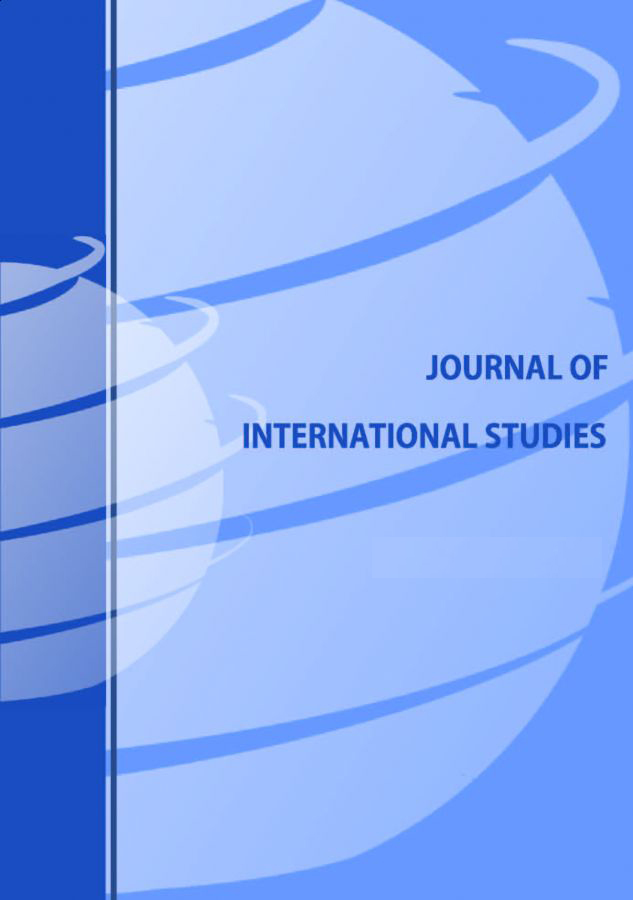DETERMINANTS OF ISLAMIC BANKING ADOPTION ACROSS DIFFERENT RELIGIOUS GROUPS IN GHANA: A PANOPTIC PERSPECTIVE
DETERMINANTS OF ISLAMIC BANKING ADOPTION ACROSS DIFFERENT RELIGIOUS GROUPS IN GHANA: A PANOPTIC PERSPECTIVE
Author(s): . Su’un, Bayu Taufiq Possumah, Michael Karikari Appiah, Nurul HilmiyahSubject(s): Christian Theology and Religion, Geography, Regional studies, Islam studies, Financial Markets
Published by: Fundacja Centrum Badań Socjologicznych
Keywords: adoptions; africa traditional religion; christians; determinants; Ghana; islamic banking; muslims;
Summary/Abstract: This study sought to ascertain critical determinants of Islamic Banking (IB) adoption among different religious groups. The study draws on from the Theory of Planned Behaviour, Diffusion of Innovation, Theory of Reasoned Action and Technology Acceptance Model on IB adoption. The study employed a quantitative research paradigm to study 600 individual financial service users in Ghana. Structured questionnaire from previous studies was adopted, modified and used to conveniently elicit data from the participants. Smart Partial Least Square Structural Equation Modelling (PLS-SEM) was deployed to analyse the empirical data. The results show that perceived knowledge, perceived benefit, perceived innovativeness, perceived religious promotion, customer’s attitude and readiness to comply with sharia were significant determinants of IB adoption for the Muslims, Christians and Africa Traditional Religion (ATR) sub-groups. However, perceived threat of violence was a significant negative determinant of IB adoption for the Christians and ATR sub-groups but insignificant for the Muslims sub-group. More so, perceived religious promotion was a negative factor for ATR sub-groups intention to adopt IB. The result pinpoints the need for formalization and demystification of IB to attract different religious groups. However, these results should be taken as preliminary since counterfactual analysis (CFA) across entire Ghana is required to validate IB implementation and adoption. Although these results support most previous studies further empirical research is proposed to replete this study across other Non-Islamic States in the Sub-Sahara Regions.
Journal: Journal of International Studies
- Issue Year: 11/2018
- Issue No: 4
- Page Range: 138-154
- Page Count: 17
- Language: English

